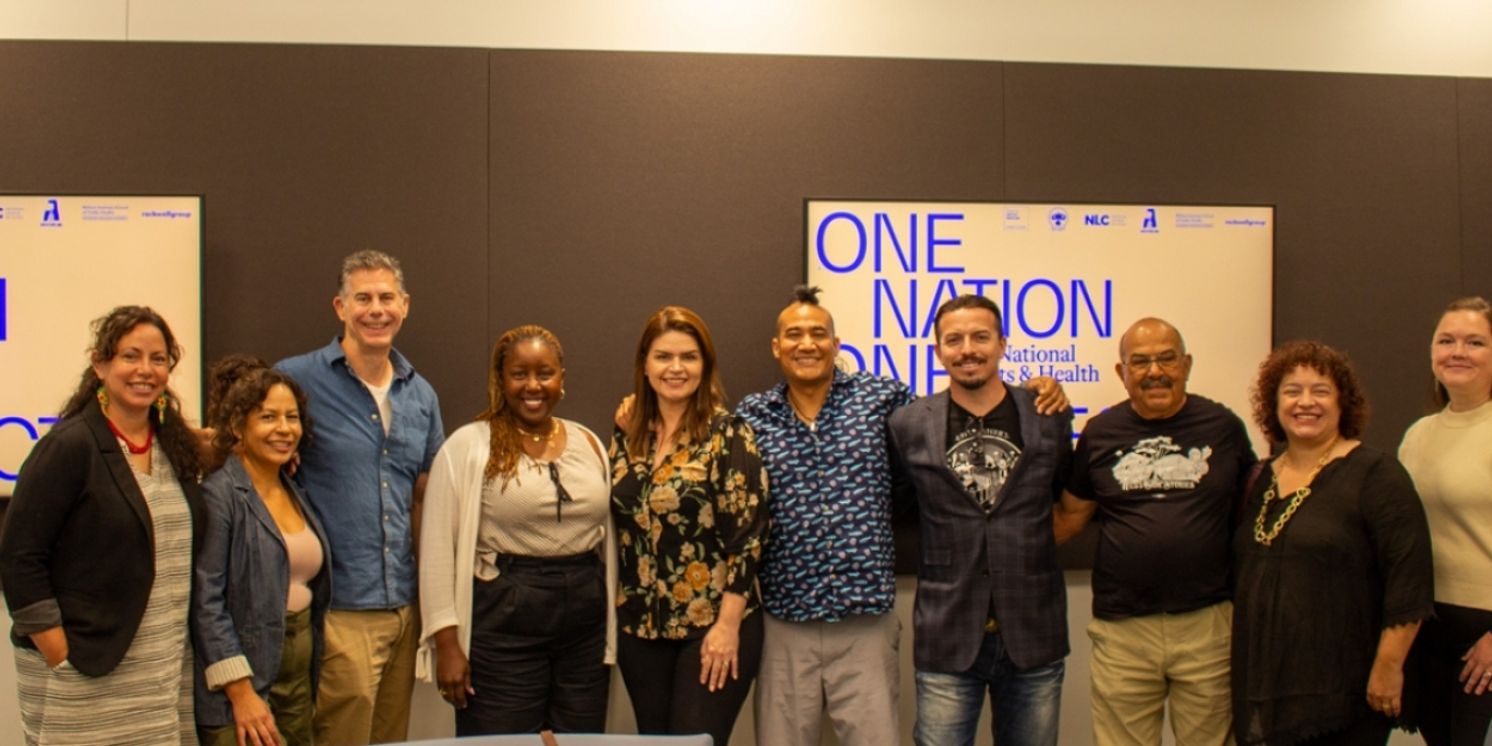Borderlands Theater Awarded 100k To Participate In One Nation One Project
Leveraging the power of the arts for the wellbeing of all.

![]()
Borderlands Theater has announced their participation in the One Nation One Project initiative that centers the role of the arts as a vital tool for community wellness. The central theory is that community plus the arts equals healthier people, healthier societies.
ONOP has gathered research and statistics to prove this theory. Borderlands Theater in Tucson is one of 18 cities across the country setting out to gather more data to back the claim that arts are vital to our own and our city's wellbeing.
One Nation/One Project is a national arts and wellness initiative designed to activate the power of the arts to repair the social fabric of our nation and heal our communities. ONOP is bringing together Artists, Local Governments, and Community Health Providers to foster equitable recovery and improved wellbeing in communities across America.
In 1936, the Federal Theatre Project produced and premiered an adaptation of a single play on the same night across America. Nearly a century later, in July 2024, One Nation/One Project will bring together cities and towns around the United States to simultaneously premiere distinct, collaborative, and participatory art works on an unprecedented scale. Each site will creatively respond to a single prompt: #NoPlaceLikeHome
Borderlands Theater is producing a season of offerings that share the value of theater and that speak to #NoPlaceLikeHome. “We're part of an 18-city cohort that is hyper local and of national relevance. Creating work for, by and with our communities to celebrate home, heal and thrive together.” Marc David Pinate, Borderlands Artistic Director. The season will culminate on July 27, 2024 with a day of theater along with the 17 other cities; and a pool party on July 28, 2024.
ONOP has a special interest in social prescribing, a way by which healthcare workers refer patients to nonclinical activities in their community to improve their health and wellbeing. This method works by addressing the social determinants of health, ultimately treating patients beyond their symptoms while promoting collaboration within the community.
Social prescribing activities, known as social prescriptions, commonly include services that address social isolation, loneliness, housing insecurity, and financial concerns, as well those that promote physical activity (ex. sports groups, gardening, walking networks) and creative self-expression (ex. singing groups, concerts, arts and crafts classes). Social prescribing can be utilized by anyone, though certain individuals have been shown to benefit the most. These include people who live in poverty, are unemployed, experience social exclusion, have a chronic condition, and/or are at high risk of mental illness.
Most social prescribing programs include three main components: care providers who write social prescriptions, “link workers” who connect patients to local programs and resources, and a system for paying for those services.
There are currently a range of models being piloted the United States. Some social prescribing programs are partnerships between a healthcare provider (like a clinic or hospital) and an arts organization (like a community arts center or museum). In these programs, funds used for arts or health are used to pay for these services. Some are partnerships between a healthcare provider, a collective of local arts and social activities providers, and a regional health insurance provider. In these cases, the insurance provider pays for arts and social activities like they pay for other medical prescriptions. Some of these programs use online referral platforms, such as Unite Us, for prescribing and following up with patients. The link worker role has been found to be very important to the effectiveness of social prescribing programs in most countries.
Videos

